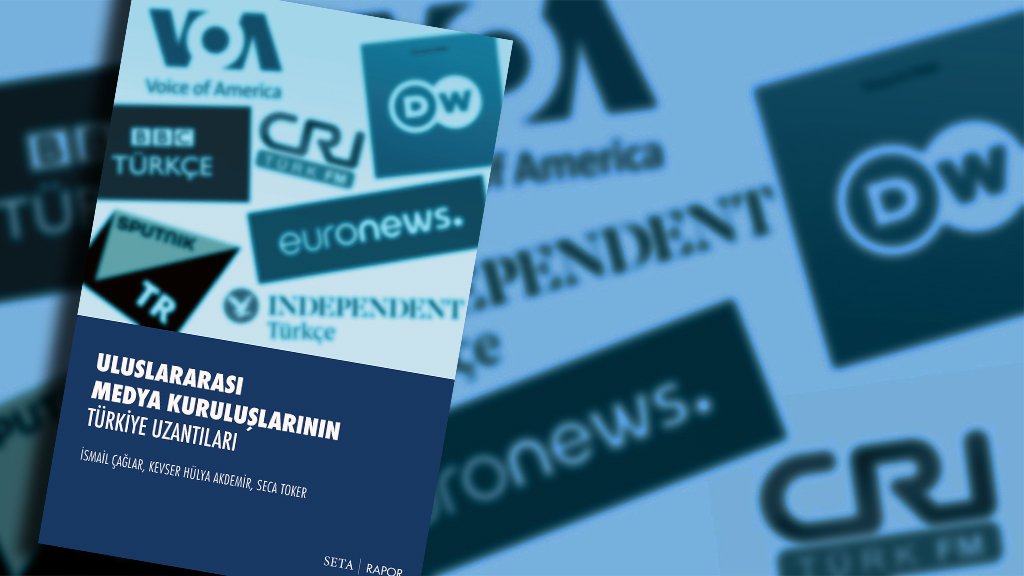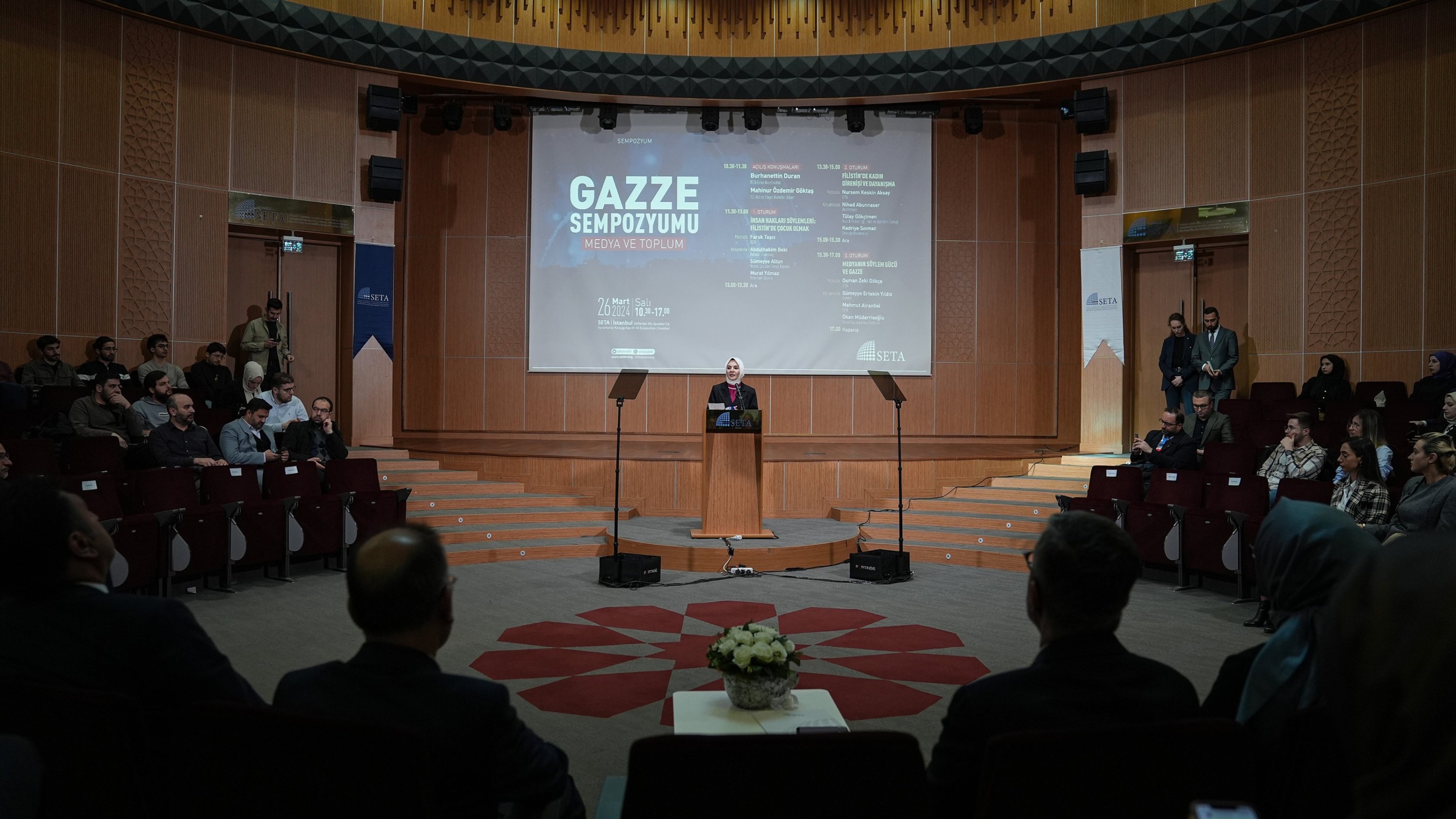
On the criticism of SETA's media report
The Foundation for Political, Economic and Social Research (SETA) last week published a report on international media outlets and their operations in Turkey.
Share
The Foundation for Political, Economic and Social Research (SETA) last week published a report on international media outlets and their operations in Turkey. The document aimed to provide scientific analysis of the editorial lines of international media outlets operating in the country. This scientific study, which was based on open sources, including social media and the internet, became the target of a smear campaign. Although some critics raised academic objections, others were quick to label the report as a blacklist — an unjust and malicious accusation.
At the same time, the critics, who included journalists and politicians, turned into a lynch mob targeting the SETA foundation and the report's authors. There was no shortage of death threats against SETA's employees during this period.
Whether international media reflects the views of multiple parties is a critical question, and if foreign governments attempts to exert influence over Turkey through such institutions falls within the scope of academic scholarship and political discussions. As a matter of fact, social media's role in election meddling has been the subject of the national conversation in the United States for some time.
U.S. think tanks have published reports on what they described as acts of manipulation by Russian news organizations. As such, it is only natural for SETA to take an interest in international media. It is the very responsibility of a think tank to study contemporary issues.
As a research institution with a range of departments specializing in education, foreign policy and other areas, SETA has published 532 books, reports and analyses. Those publications relate to various issues, including Turkish foreign policy, political parties, the presidential system, judicial reform, radicalization among college students, Syrian refugees, humanitarian aid and Islamophobia. SETA also studied Turkey's fight against terrorist groups, such as the Gülenist Terror Group (FETÖ), Daesh and the PKK and the July 15, 2016 coup attempt. The organization undertook those projects out of a sense of duty to the public.
SETA's latest report took stock of the editorial lines of Turkish-language branches of international media organizations on key issues, including national security and development. It did not make any accusations against those outlets or their employees. The report relied on information, which reporters themselves made public, for scientific purposes. Its findings have been made available to the public in a transparent fashion.
SETA absolutely did not engage in any type of blacklisting or incitement in said publication. That a scientific study, which did not violate privacy rights, became the target of insults, lynching and a smear campaign is worth further consideration.
Meanwhile, we must not lose sight of the report's main point. The fact that some international media outlets provide a single-minded picture of Turkey does not serve the country's democracy. Such an approach to journalism also violates the ethical guidelines of the relevant organizations. Others, which the report has also identified, should make an effort to reflect the multitude of opinions in the reports.
Press freedom is a public good. International media outlets must refrain from entangling themselves in Turkey's domestic politics. Such behavior would only undermine their credibility and influence.
[Daily Sabah, 14 July 2019]
Tags »
Related Articles







